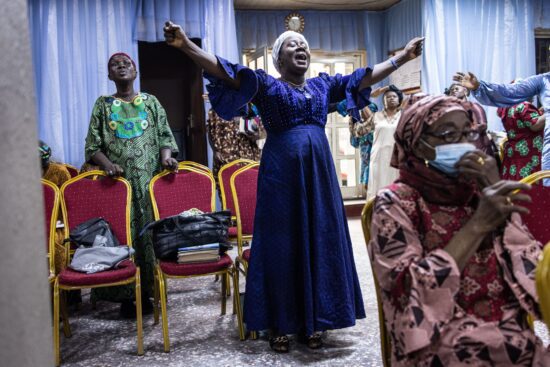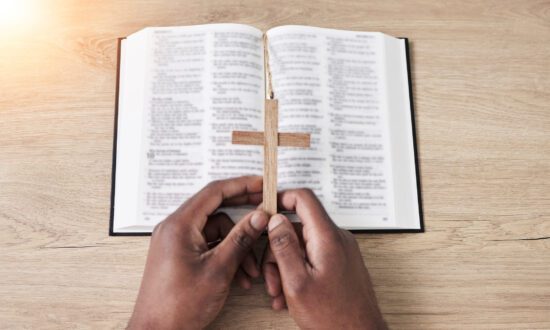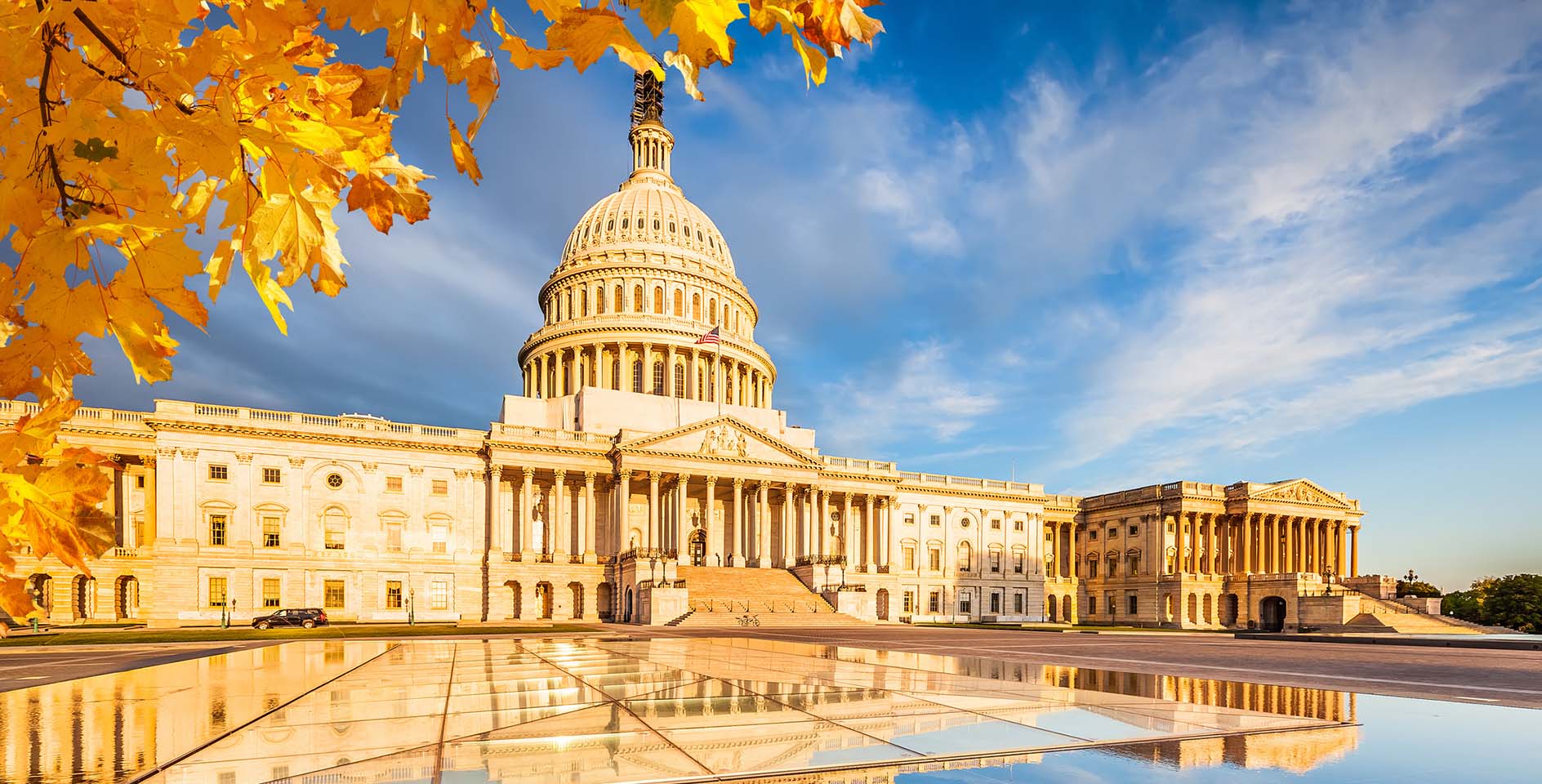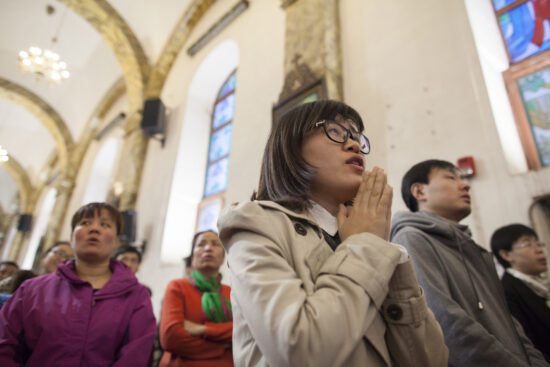While the so-called Islamic State has dominated the press with particularly gruesome and genocidal acts against Christians, Yazidis and Shia Muslims, people of all faiths (and of no faith) are suffering somewhere, in some capacity, around the globe:
Apostasy and blasphemy laws are routinely used across the Middle East and North Africa to intimidate and punish those who would leave Islam. Baha’i are still programmatically threatened by the Iranian regime, accused of apostasy from Islam. Elements of the Turkish security apparatus are capitalizing on the post-coup instability to jail and intimidate members of minority faiths as enemies of the state. – Three Ways the 45th President Can Advance International Religious Freedom
In light of this reality, Travis Wussow and I recently provided three recommendations (prior to the election) for how the 45th president might advance international religious freedom, or “IRF” for brevity. One of the three recommendations to President-elect Trump includes ratification of H.R. 1150, the Frank Wolf International Religious Freedom Act. But what is H.R. 1150, and what would it do? Here are the details.
What is H.R. 1150?
The Frank R. Wolf International Religious Freedom Act of 2015 (H.R. 1150, S. 2878) is an amendment to the International Religious Freedom Act of 1998, which established the International Religious Freedom Office (IRFO) within the Department of State and the independently operating United States Commission on International Religious Freedom (USCIRF). Together, these organizations were founded in order to “(1) condemn violations of religious freedom, and to promote, and to assist other governments in the promotion of, the fundamental right to freedom of religion; and (2) seek to channel U.S. security and development assistance to governments that are found not to be engaged in gross violations of the right to freedom of religion.”
H.R. 1150 is essentially a modernization act. Think of it as a 2015 Congress building on what we have learned about IRF advocacy since 1998. It is named for the now-retired sponsor of the original 1998 legislation, Rep. Frank Wolf (R-VA). The current Act is a bipartisan effort that already passed the House in the spring of 2015 by unanimous voice vote, following the leadership of original cosponsors Reps. Chris Smith (R-NJ) and Anna Eshoo (D-CA). (The 1998 law also passed with bipartisan support, 375-41 in the House and 98-0 in the Senate.)
What does H.R. 1150 do?
- Creates a wider range of classifications than the dichotomy between “Country of Particular Concern” and compliant nation. Recognizing gradations of IRF environments provides incentives for reform efforts as changes in status are more feasible.
- Establishes the new category “Entities of Particular Concern” for non-state actors so the President can take action (sanctions, financial investigations, etc.) against groups that threaten IRF (e.g., ISIS, Boko Haram).
- Sets a minimum number of full-time employees at the IRFO, which has fluctuated across administrations. Guaranteeing a certain number of employees helps ensure the office does not become politically irrelevant according to the whims or indifference of an administration.
- Makes training in the “strategic value of international religious freedom” required for all Foreign Service Officers (it is presently optional).
- Enables the president to focus sanctions on individuals who participate in or order persecution.
- Makes clear that the Ambassador-at-Large for International Religious Freedom reports directly to the Secretary of State (as opposed to a lower place in the State Department hierarchy).
Why do we care?
As reflected in the 2015 SBC resolution “On The Persecuted Church Worldwide,” we recognize that religious liberty is a principle rooted in scripture and demonstrated in the gospel. Further, the Baptist Faith & Message (2000) asserts, “The state has no right to impose penalties for religious opinion of any kind,” and, “A free church in a free state is the Christian ideal, and this implies the right of free and unhindered access to God on the part of all men, and the right to form and propagate in the sphere of religion without interference by the civil power.”
Therefore, we resolutely oppose and denounce all religious persecution anywhere in the world and encourage our governmental officials to elevate religious liberty concerns to the highest priority in foreign policy, invoking sanctions against those who either persecute or tolerate persecution of those with differing religious beliefs. As provided under the original IRF Act (PDF), Congress’ intent for American foreign policy harmonizes with those tenets:
“To express United States foreign policy with respect to, and to strengthen United States advocacy on behalf of, individuals persecuted in foreign countries on account of religion; to authorize United States actions in response to violations of religious freedom in foreign countries . . .”
At the writing of this article, H.R. 1150 (and its Senate version, S. 2878) is still awaiting action by the Senate Foreign Relations Committee (SFRC). If your senator is on the SFRC and you affirm the goals of the H.R. 1150, please ask him or her for “markup” and passage during the lame-duck session.










